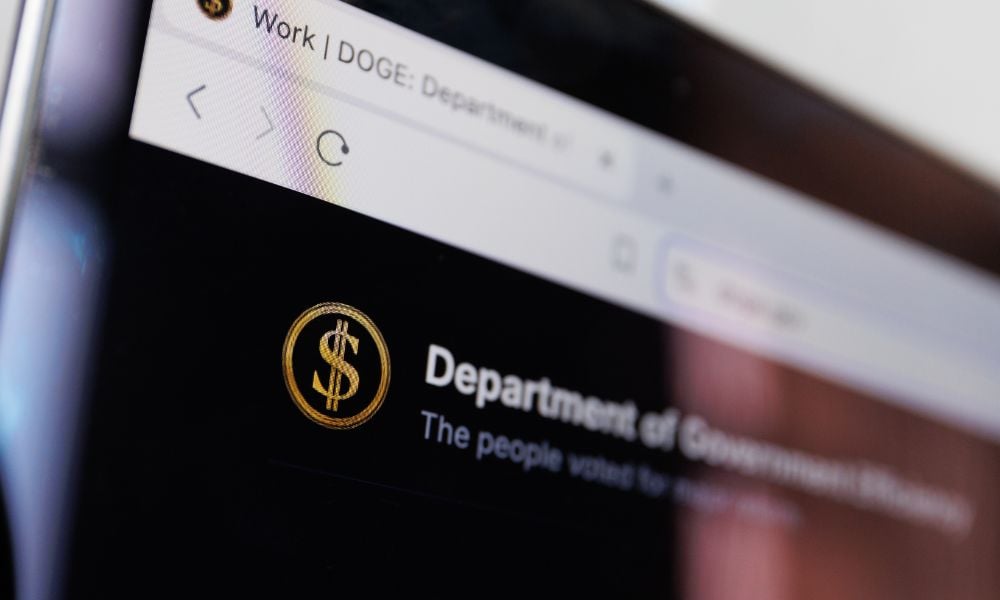

by Jasmine Ng
Donald Trump again threatened to withdraw government subsidies from Elon Musk’s companies after the Tesla Inc. chief executive officer ratcheted up his criticism of the president’s tax and spending bill.
Trump wrote on Truth Social that Musk “may get more subsidy than any human being in history, by far,” and that without government support, “Elon would probably have to close up shop and head back home to South Africa.”
The president suggested the Department of Government Efficiency that Musk pitched during Trump’s campaign and led for months may now be turned against the leader of Tesla and Space Exploration Technologies Corp., writing that DOGE could take a hard look at US funding for rocket launches, satellites and electric-car production. “BIG MONEY TO BE SAVED!!!” Trump wrote.
Trump is again looking to brush back attacks from the top funder of his successful run for the White House, almost a month after the two had a falling out over the same subjects. Musk has posted dozens of times since Senate Republicans unveiled a new version of their tax-cut package Saturday that expedited the end of a popular $7,500 consumer tax credit for electric vehicle purchases.
Donald Trump and Elon Musk walk past a Tesla Model S on the South Lawn of the White House on March 11.
“If this insane spending bill passes, the America Party will be formed the next day,” Musk said on X, reprising his call for a new political party in the US. He denied that his opposition is based on preserving subsidies for his companies, writing in another post: “I am literally saying CUT IT ALL. Now.”
Tesla’s stock fell as much as 5.7% in early trading Tuesday and was down 4.9% as of 5:15 a.m. in New York. The shares plunged 14% on June 5, when Musk and Trump first feuded over the budget bill.
In addition to selling more EVs that are eligible for consumer incentives than any other company, Tesla and its battery partner Panasonic Holdings Corp. are best positioned to receive production tax credits that were included in former President Joe Biden’s signature climate bill.
Tesla also sells regulatory credits to other carmakers that need help complying with California’s zero-emission vehicle mandate and US auto-emissions standards. Analysts at JPMorgan Chase & Co. estimated early this year that the shifting regulatory landscape under Trump threatened roughly 40% of Tesla’s profits.
“Elon Musk knew, long before he so strongly Endorsed me for President, that I was strongly against the EV Mandate,” Trump said in his Truth Social post. “It is ridiculous, and was always a major part of my campaign. Electric cars are fine, but not everyone should be forced to own one.”
Tesla is poised to release second-quarter deliveries this week that will likely show a further slump in demand, with analysts on average estimating the company sold around 390,600 vehicles worldwide. That would be down roughly 12% from a year ago, following a 13% drop in the first quarter.

Chasing productivity is one thing, but when you're cutting corners, missing details, and making mistakes, it's time to take a step back.

It is not clear how many employees will be affected, but none of the private partnership’s 20,000 financial advisors will see their jobs at risk.

The historic summer sitting saw a roughly two-thirds pass rate, with most CFP hopefuls falling in the under-40 age group.

"The greed and deception of this Ponzi scheme has resulted in the same way they have throughout history," said Daniel Brubaker, U.S. Postal Inspection Service inspector in charge.

Elsewhere, an advisor formerly with a Commonwealth affiliate firm is launching her own independent practice with an Osaic OSJ.
Stan Gregor, Chairman & CEO of Summit Financial Holdings, explores how RIAs can meet growing demand for family office-style services among mass affluent clients through tax-first planning, technology, and collaboration—positioning firms for long-term success
Chris Vizzi, Co-Founder & Partner of South Coast Investment Advisors, LLC, shares how 2025 estate tax changes—$13.99M per person—offer more than tax savings. Learn how to pass on purpose, values, and vision to unite generations and give wealth lasting meaning
